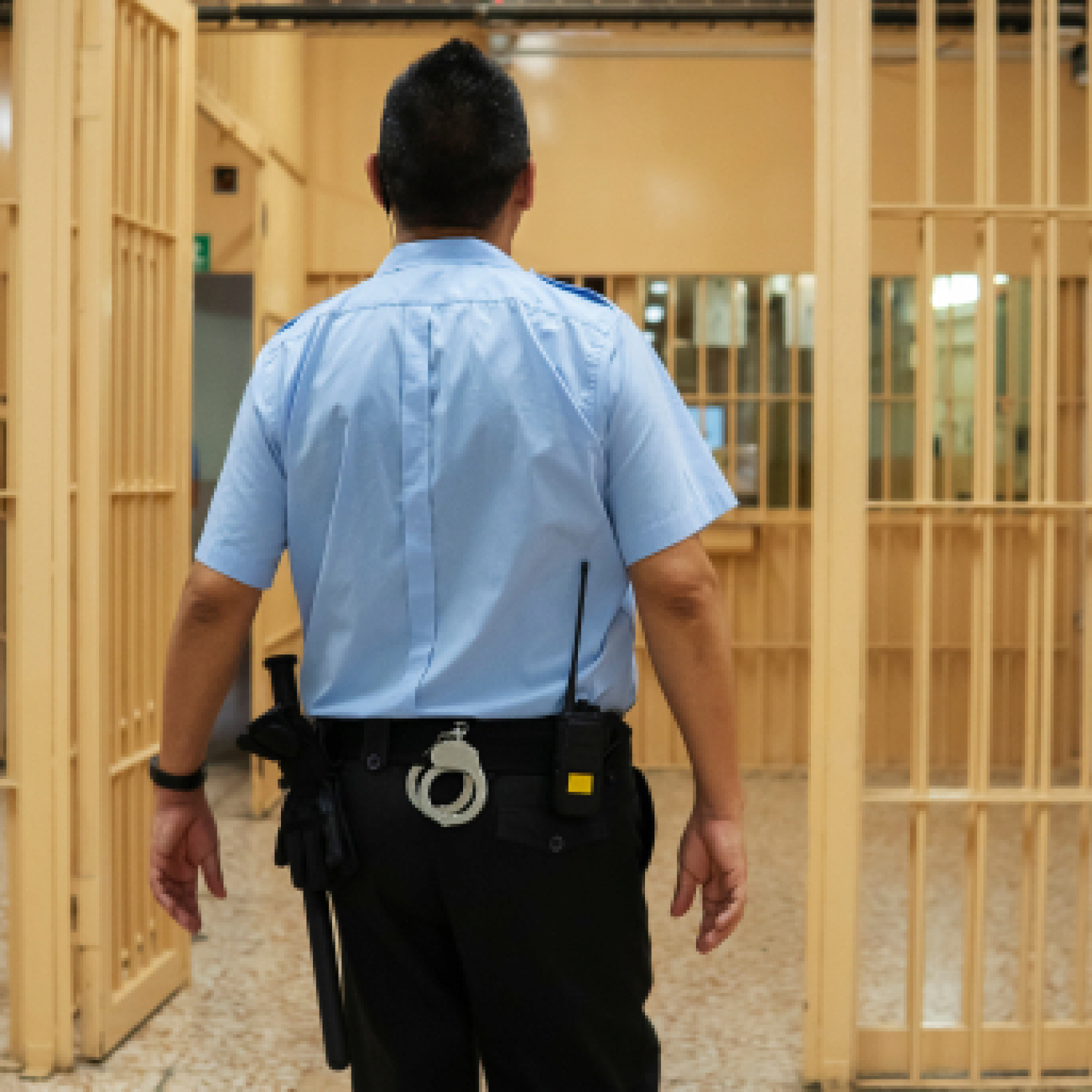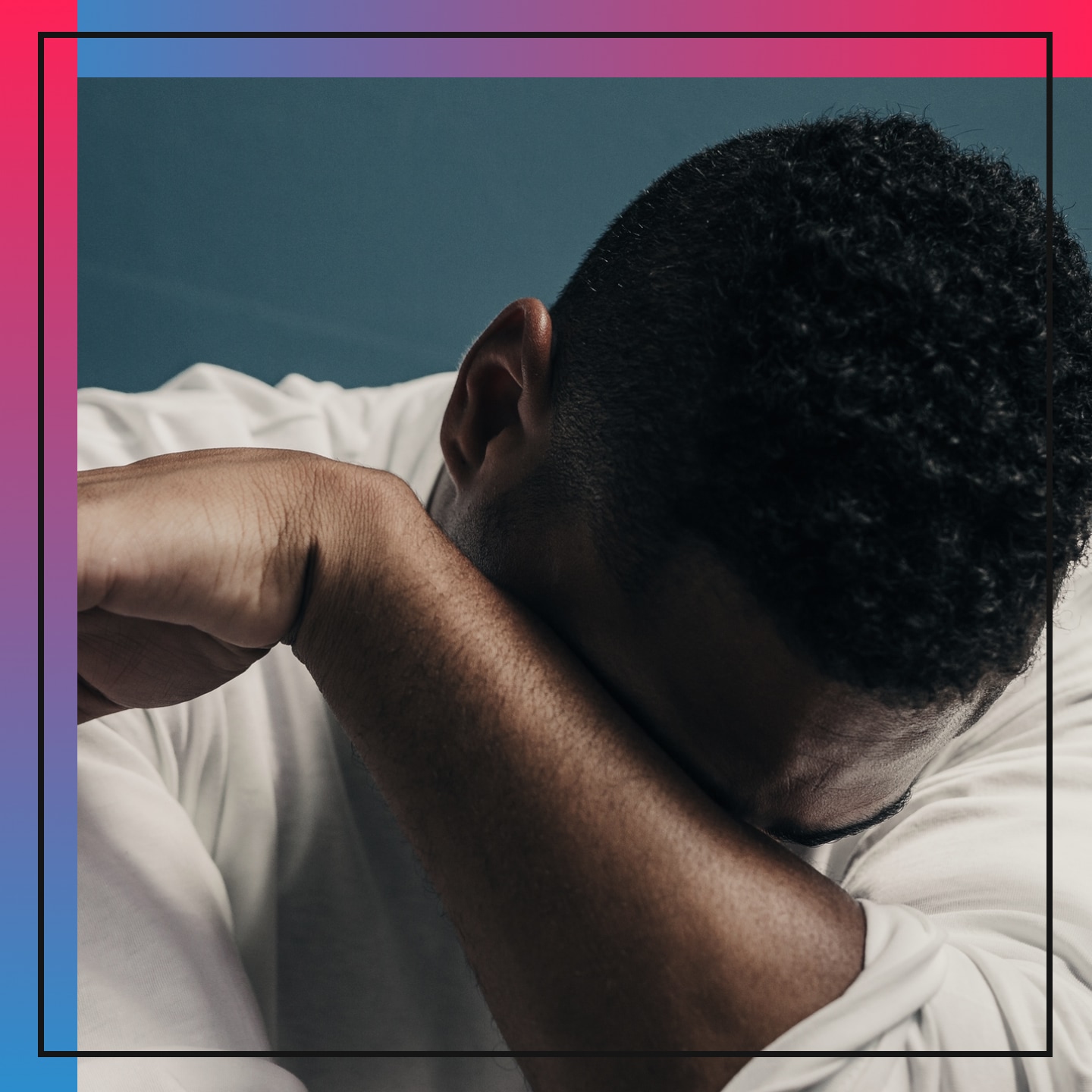
I Am a Law Enforcer Who Breaks the Law|The police at the Swiss train stations take riding without a fare very seriously.
I Am a Law Enforcer Who Breaks the Law|The police at the Swiss train stations take riding without a fare very seriously.
I Am a Law Enforcer Who Breaks the Law
I am a woman about to embark on her role as a prison officer in a female estate, who sees my position as an opportunity to help some of the most vulnerable members of society. Locked away from families and society, prisoners often lose faith in humanity and do not see the point in living. It terrifies me to think of officers punishing prisoners when imprisonment is punishment enough. To the best of my capability, I would love to regain their trust in humanity and authority figures. But here’s the problem.Whilst I will be trying to help inmates conquer certain addictions, I will be harboring my own addiction. I even have a support network to help me battle it, but prisoners are cast away from any support they may have on the outside. Today, I was assigned my key worker, a prisoner who I will mentor. She is a drug addict who has been put on methadone as part of the transition period away from substance abuse. During my motivational speeches about combatting addictions, lingering at the back of my mind will be the blatant truth: Addictions are almost unbelievably challenging to combat, especially as other prisoners catalyze and surge each other's addictions. While I will be trying to help inmates stop reoffending and abide by the law, I will continue to break the law myself. I break laws knowing that white and pretty privilege will diminish my chances of getting caught, but many prisoners have experienced the opposite.In this respect, I believe that I am abusing my power.But I’m going to change. So I wanted to reflect on my experiences with law enforcement.
While I will be trying to help inmates abide by the law, I will continue to break the law myself.
I Have Committed Crimes and Escaped Consequences
I was 19 years old, reeking of immaturity and insecurity, completely out of my depth at a party with a group of older boys who were about to pick up cocaine. Staring at my watch, I mustered some excuse about driving home for dinner. Seven Coronas down, I forced myself to believe this was a good idea. I needed to drive to my godmother’s house to safety. So I called her, trying to sound as sober as possible, and revved the engine.Ten minutes later, I crashed into a wall on the bend. Fight-or-flight mode was triggered in my body, and the adrenaline pushed me to keep driving across the field and out a gateway. I kept driving until I hit another wall, then drove backward to destroy another wall. On my third wall, fumes and alarms were exploding out of the car, attracting the neighbors. A man dressed in his nightgown started shouting and called the police. I started guzzling any water I could find in and out of the car, even puddles. The police arrived at this remote location in the countryside two hours later. With extraordinary luck, I was bang on the limit when breathalyzed. My license and criminal record were clean.Now I’m 23 years old, fresh from part one of prison officer training. I use my typical method when confronted by a train conductor without a ticket. Yes, that’s right, I have lost my wallet so have no identification to give you, but you can send the fine in the post. So I give them my fake name with my fake address and fake number. But Swiss German train conductors do not tolerate lawbreakers and will actively seek them out. Part of their role is to march suspects with potential fraudulent identities over to the police station in Zurich Hauptbahnhof. I am pounced on by the conductors around 15 minutes away from the station. So I have oodles of time to consider and devise an escape. Part of me thinks they are just threatening me and they won’t actually take me to the police. I’m not sure if this is sheer positivity or naivety. Part of me considers running away as soon as we get off the train. But as we disembark, I’m surrounded by four tall and presumably fast-paced men and women.As they escort me to the police station, I realize I’m at the end of my tether. They run the fake identity through the system, confirm my lie and start threatening huge fines and potential prison time. I give them my real identity and pay the fine. They are all staring at me in disgust—the last employment they expect from me is their own field of employment. I feel utterly humiliated. I, too, am a law enforcer, just a hypocritical one.

Imagine an inmate locked up in prison for theft discovering that I, their officer, steal on a regular basis.
Why Should Prisoners Trust Me if I Break the Law?
These experiences, coinciding with my training, have forced me to think carefully about my role in justice, criminality and law. As citizens, we are forced to trust law enforcers. Even after multiple crimes from gross abuse of power by enforcers, like the murder of George Floyd and the rape and murder of Sarah Everard, we still do not have a choice. Recent studies show that “more than 1,000 police officers and staff accused of domestic abuse are still serving in law enforcement.” So unsurprisingly, many Black people do not feel protected or safe around the police. Many women, including myself, now feel threatened when approached by a policeman in London. But without law enforcers, society would collapse into anarchy. But with law enforcers who break the laws, what do we expect? Anarchy. Now, let’s go into prison. Nearly half of U.K. adults will reoffend within a year after their release from prison. This statistic stems from multiple reasons: gangs, limited employment options for ex-criminals, addiction and low self-esteem, to name just a few. But a common thread that weaves through all these issues is a mistrust of people, particularly people of authority. Often, this mistrust can develop even more in prison from the officers themselves. A prison officer is bullying an inmate with verbal and physical abuse. The “infallibility” of that officer means that they can act this way unpunished. When prisoners see officers abusing their power, and maybe thriving off their position of “superiority,” it can generate anger and abandonment of hope. The prisoner will inevitably leave prison thinking that the justice system is unjust, which often leads to reoffending. Now, I am not a law enforcer who murders or bullies, but I’m still part of the problem. Imagine an inmate locked up in prison for theft discovering that I, their officer, steal on a regular basis. They would feel angry, violated and diminished. What hope or incentive do they have to stop? Thinking that you can get away with these activities with luck? Or worse, knowing that the reason I have not been charged for stealing may well be my white privilege? The soft crime that I commit abuses the system that everyone has to believe in: that law enforcers obey the law. It sparks such anger in people because those who act above the law make a mockery of the system most of the public has to oblige by. Look at the public reaction to Boris Johnson’s lockdown parties and Prince Andrew walking free following pedophilia accusations. Pure fury.I can no longer play a part in this injustice, so I am going to try to be a law enforcer who obeys the law. For so many years, I have assigned my impulsive behaviors, like stealing, to a lack of free will. But it’s time to confront this addiction. It is my duty to tackle it. If can’t, how do I expect my inmates to? And if I do not obey the law, then why should they have to obey me?











